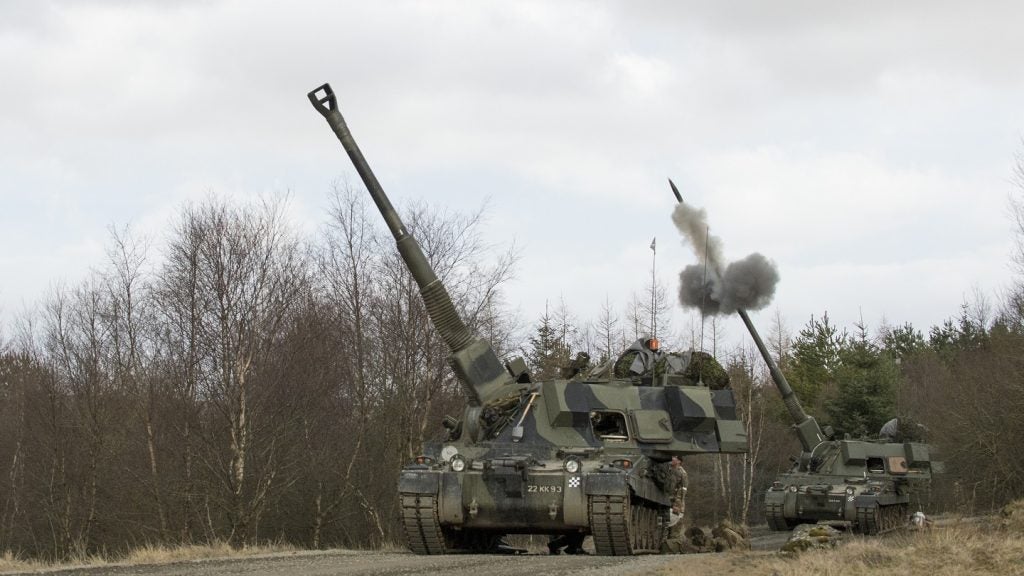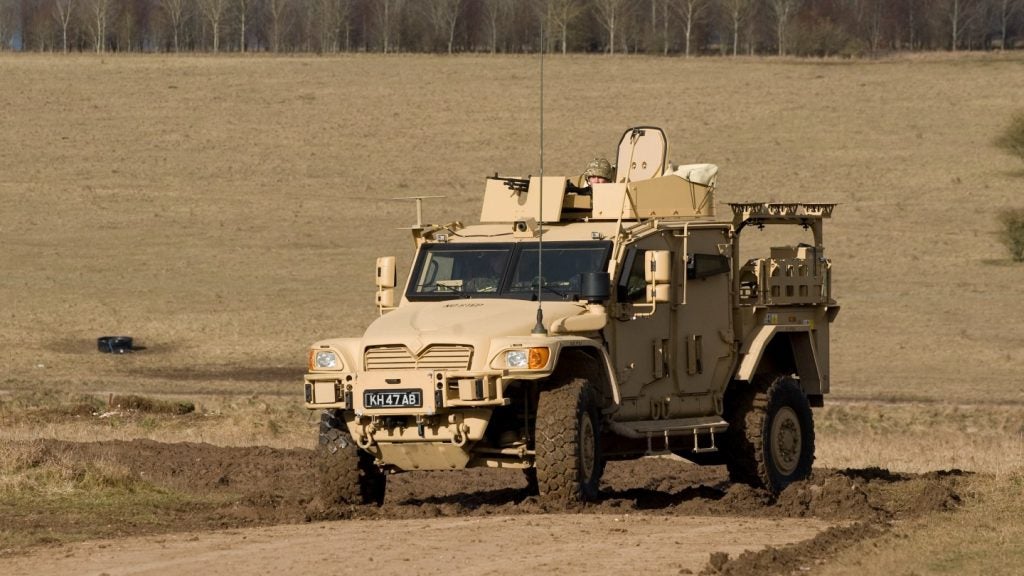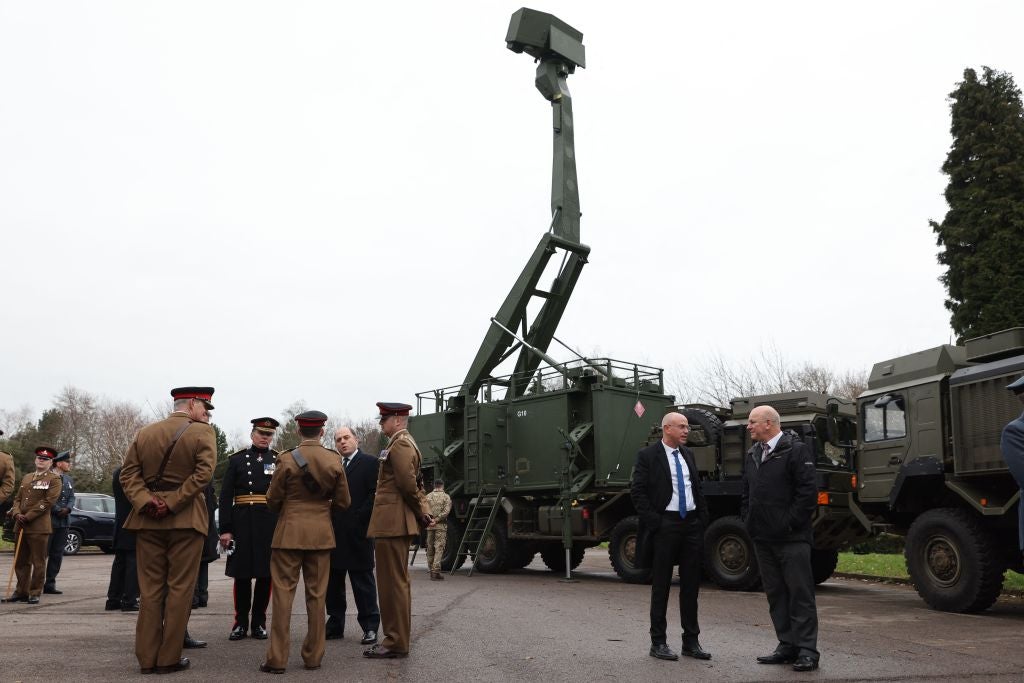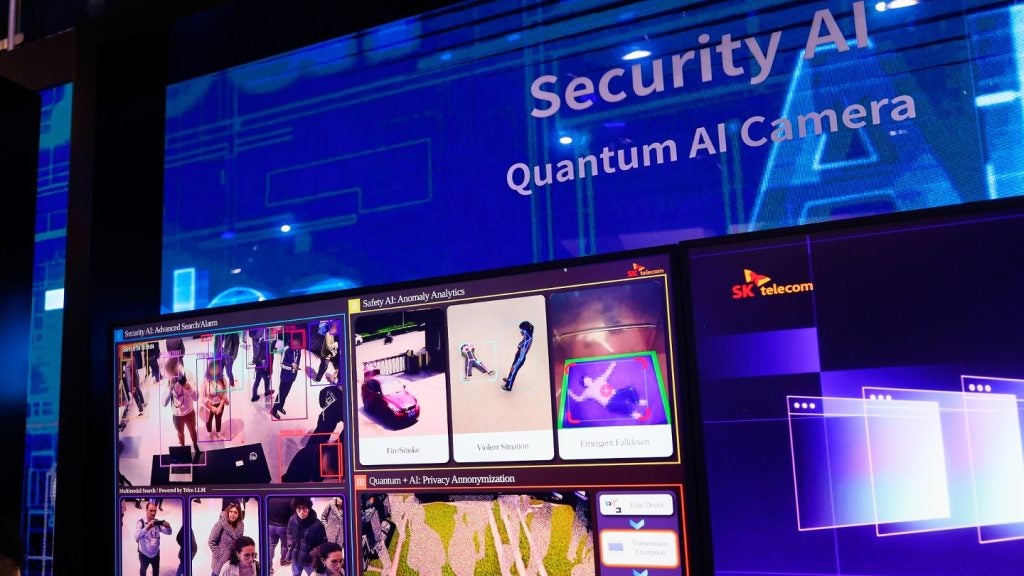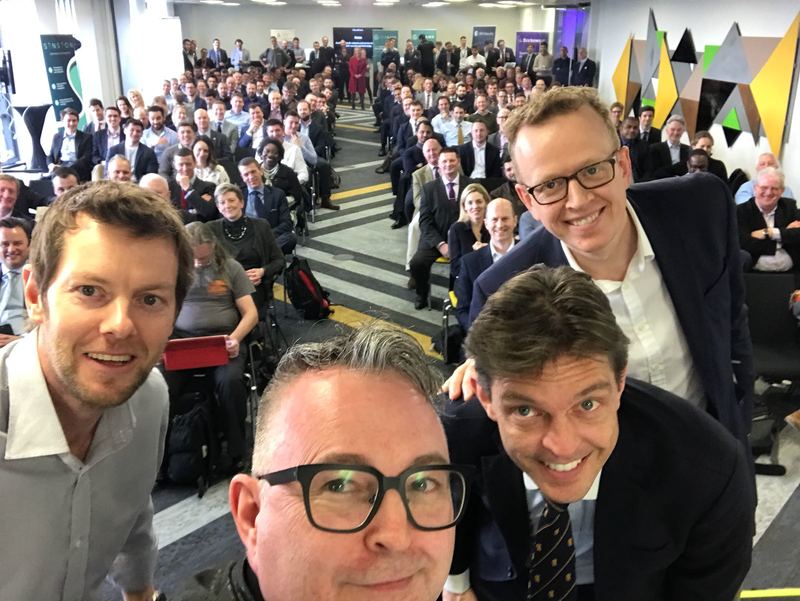
British working-age military veterans are nearly twice as likely to be unemployed as their equivalents in the UK’s general population – 11% compared with 6% – according to a Royal British Legion survey. At the same time, the 2018 Cyberthreat Defense Report by CyberEdge found that 80% of organisations can’t find qualified staff to fill cybersecurity positions.
Training veterans in cyber skills would seem like an obvious solution to both problems, but the transferable skills a military career offers haven’t historically been recognised or appreciated by employers. Not-for-profit start-up TechVets found that only 4% of veterans are working in tech and cyber, which is 20% lower than non-veterans, and for female veterans, the figure is 50% lower. The organisation aims to overturn that misconception with its cyber training programme aimed at armed services leavers.
TechVets was co-founded by innovation specialist Mark Milton, CEO and co-founder of Amberlight Partners, and co-founder of the International UX Partners (IUXP). He says the organisation was looking to identify a concentration of unrealised human potential in the UK to try and bring people together to support the UK technology industry.
“The initial focus on cybersecurity was agreed in recognition of the significant skills gap that the UK is currently facing,” he says. “The founders recognised that with their combined energy and networks that they could create an opportunity for veterans and help UK prosperity and security.”
Milton says that veterans possess unrivalled leadership, crisis management and problem-solving skills developed and refined in high-pressure conditions. They are adaptable team players and comfortable with working in security environments, making them a good match for a career in cybersecurity.
“By aligning closely with MOD’s CTP we will be able to ensure that those leaving service are more aware of the commercial value of their transferable skills in cyber security,” says Milton. “The relationship will ensure that this is done in a systematic way.”
How well do you really know your competitors?
Access the most comprehensive Company Profiles on the market, powered by GlobalData. Save hours of research. Gain competitive edge.

Thank you!
Your download email will arrive shortly
Not ready to buy yet? Download a free sample
We are confident about the unique quality of our Company Profiles. However, we want you to make the most beneficial decision for your business, so we offer a free sample that you can download by submitting the below form
By GlobalDataTechVets is supported by a number of industry, academic and government partners, including CREST, an international not-for-profit accreditation and certification body that represents and supports the technical information security market. The Institute for Cyber Security Innovation (CSI) also provides TechVets with guidance on academic and entrepreneurial engagement regarding new cybersecurity technologies.
“We are also working closely with technology industry leaders including Microsoft, Amazon and Oracle,” adds Milton.
From novice to ninja: the TechVets cyber training programme
To develop the learning platform and content, TechVets works with Immersive Labs. Together they align collections of ‘labs’, or course elements, to specific employment roles and process user feedback to inform future development and content.
“The platform is designed to enable veterans and service leavers to assess their own aptitude in the domain and demonstrate their newly acquired capabilities to potential employers,” says Milton. “It requires no prior domain expertise and takes veterans from ‘novice to ninja’.”
The learning experience for candidates is entirely online. For an entry-level position as a SOC analyst, for example, a veteran can assess their aptitude and demonstrate capability in less than 17 hours of training. Employers can then interview and make offers conditional on the completion of CREST accredited practitioner level certification courses, which again can be studied online and which take a further 80 hours of study prior to taking an exam.
So popular was TechVets on launch that its first cohort of 200 was oversubscribed, but there are plans for growth.
“The goal of the Veterans Academy is to support as many former service members as possible in entering employment within cybersecurity,” says Milton. “The second cohort was for 500 and we are shortly to launch the third cohort which will be open to the entire community with no limit on numbers. There are over 200,000 unemployed veterans in the UK and over half a million who are underemployed. Immersive Labs have been a wonderful partner and we are grateful for their continued support.”
The service also helps employers find candidates to fill their vacancies.
“We’d like to invite employers to recruit technical cyber roles from the Veteran’s Cyber Academy,” says Milton. “The benefit for employers is that our approach with Immersive Labs serves as technical vetting for veteran candidates as applications can only be made by those who have demonstrated their technical capabilities through completion of the relevant labs.”
Joining the MOD’s Career Transition Partnership
In August, Milton signed the Armed Forces Covenant with Minister for Defence People and Veterans Tobias Ellwood for TechVets to join the MOD’s flagship Career Transition Partnership (CTP) training programme for service leavers.
Ellwood explains the role of the Armed Forces Covenant, saying: “The Armed Forces as a whole play a unique role in our society, in stepping forward in harm’s way, in keeping our nation safe. The Covenant is about a responsibility that we believe the nation has to look after those who do service. Many serve with distinction and 90% depart and get back into education or into work straight away. Some don’t and there’s a duty of care to ensure the very few who may require additional support receive it.”
Ellwood echoes Milton’s sentiment that the Armed Forces experience gives people a unique skillset to offer employers, including leadership, teamwork, and commitment, a sense of duty, grit, adaptability and flexibility.
“Moving into the tech world, the pace of change is colossal and even the basic infanteer is now exposed to an awful lot of technology,” he says. “The whole world of electromagnetic warfare and defence is ever-growing through non-lethal interference. It’s a new dimension of the battlefield itself, and therefore it’s something all three services need to be familiar with.”
“So it doesn’t matter who you are, whether you are an RAF technician, one of the engineers on a ship, or even in the infantry, you will have to learn computing and technology skills, but do you then know how sell those to a potential employer? TechVets are exactly doing that. They are able to understand the world of the armed forces and technology and assist in that placement, and that’s brilliant.”
Serving the nation twice
Beyond training towards a new career, schemes like TechVets hold the power to transform veterans’ lives when they leave the armed forces.
“The armed forces is very structured,” says Elwood. “You know where the parade square is, the tennis court, the mess, you get a timetable, and you’re told what to do, when you have free time you’ve got people to spend it with. Suddenly you’ve got to make decisions yourself in the big, wide world and there are lots of opportunities there. But, my goodness, where do you actually go for it? And that’s why it’s critical in those six months after departure.”
Up to two years prior to leaving the service, the MOD’s Career Transition Partnership team can start helping people to decide on their next career move, developing the skill sets even before they leave. And this support doesn’t just benefit those currently leaving the service; it can also influence future recruitment.
“It’s so important because if you were not to look after those who left then what sort of recruitment message does that sell to people who are thinking of joining?” says Elwood. “That’s why it’s in our interest to make sure they’re well placed. You could argue that they serve the nation twice – they’re serving in uniform and then they take those skill sets and they’re again helping the nation with a civilian job taking advantage of those skills they’ve learnt.”



